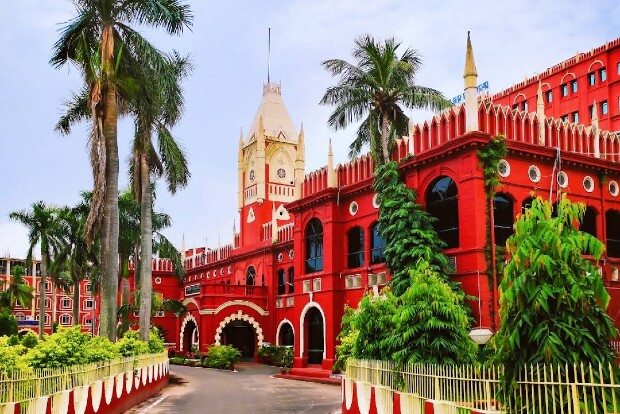Court order to hit working capital of companies filing GST appeals
In what may affect the working capital of taxpayers looking at filing appeals against GST claims, it had now been held that anyone seeking remedy against indirect tax decision would have to make pre-deposit amount in cash and not by debiting electronic credit ledger.
Recently, the Division Bench of the Orissa High Court held that pre-deposit at the time of filing an appeal under section 107(6) of the Central Goods and Services Tax Act, 2017 (CGST Act) cannot be made by debiting the Electronic Credit Ledger (ECRL). The payment of pre-deposit should be made by debiting the Electronic Cash Ledger (ECL) in accordance with section 49(3) of the CGST Act read with Rule 85(4) of the Central Goods and Services Tax Rules, 2017 (CGST Rules).
What this order in effect does is that it puts the burden on taxpayers to pay the pre-deposit (ie 10 per cent of disputed tax) amount in cash by transferring money from electronic cash ledger (ECL) for any tax dispute raised by them. This would mean more cash outflows leaving little for working capital needs.
In case that went to the Orissa High Court, the revenue raised demands of GST along with interest on the petitioners, who were engaged in execution of works contract. The petitioner filed an appeal and made payment towards pre-deposit (i.e. 10 per cent of disputed tax) for filing an appeal, by utilising the balance in the ECRL. The revenue dismissed the appeal and considered it to be defective, emphasising that the liability of pre- deposit can be discharged only by debiting ECL.
The petitioner’s contention was that any payment towards output tax can be made through ECRL. Since pre-deposit can be construed as a percentage of output tax, it can be paid by debiting ECRL.





















